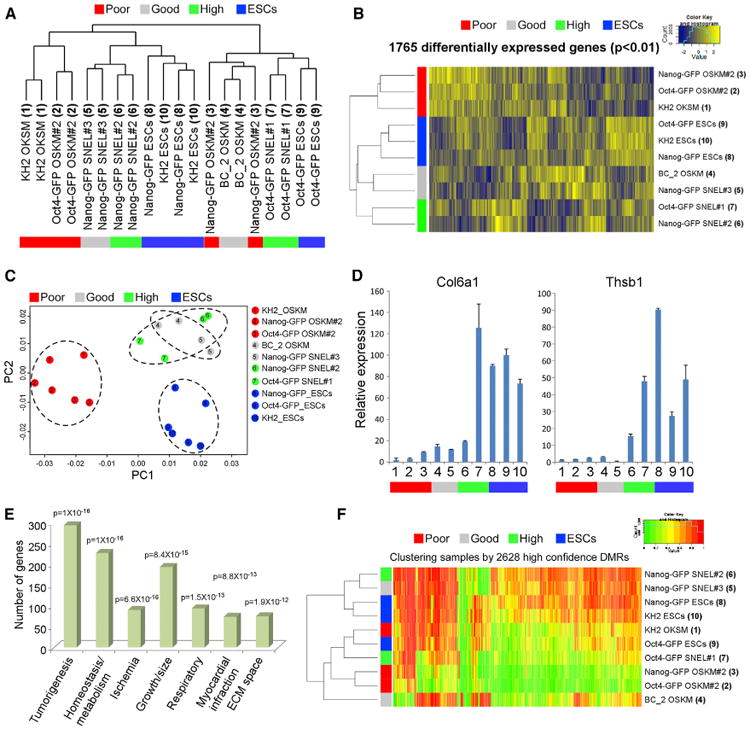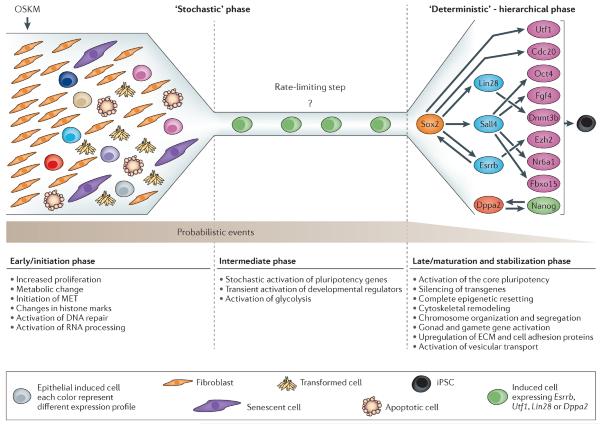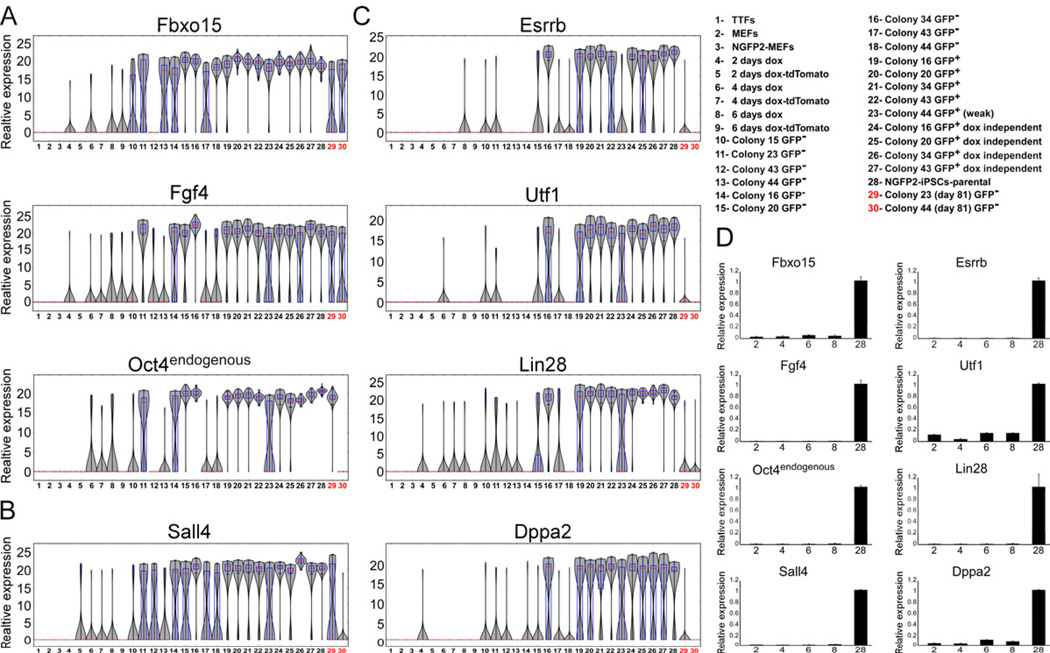Shulamit Sebban 1, Yosef Buganim 2
Abstract
The generation of induced pluripotent stem cells (iPSCs) and directly converted cells holds great promise in regenerative medicine. However, after in-depth studies of the murine system, we know that the current methodologies to produce these cells are not ideal and mostly yield cells of poor quality that might hold a risk in therapeutic applications. In this review we address the duality found in the literature regarding the use of ‘quality’ as a criterion for the clinic. We discuss the elements that influence reprogramming quality, and provide evidence that safety and functionality are directly linked to cell quality. Finally, because most of the available data come from murine systems, we speculate about what aspects can be applied to human cells.
Keywords: direct conversion; epigenetics; induced pluripotent stem cells (iPSCs); nuclear reprogramming; regenerative medicine; transdifferentiation









